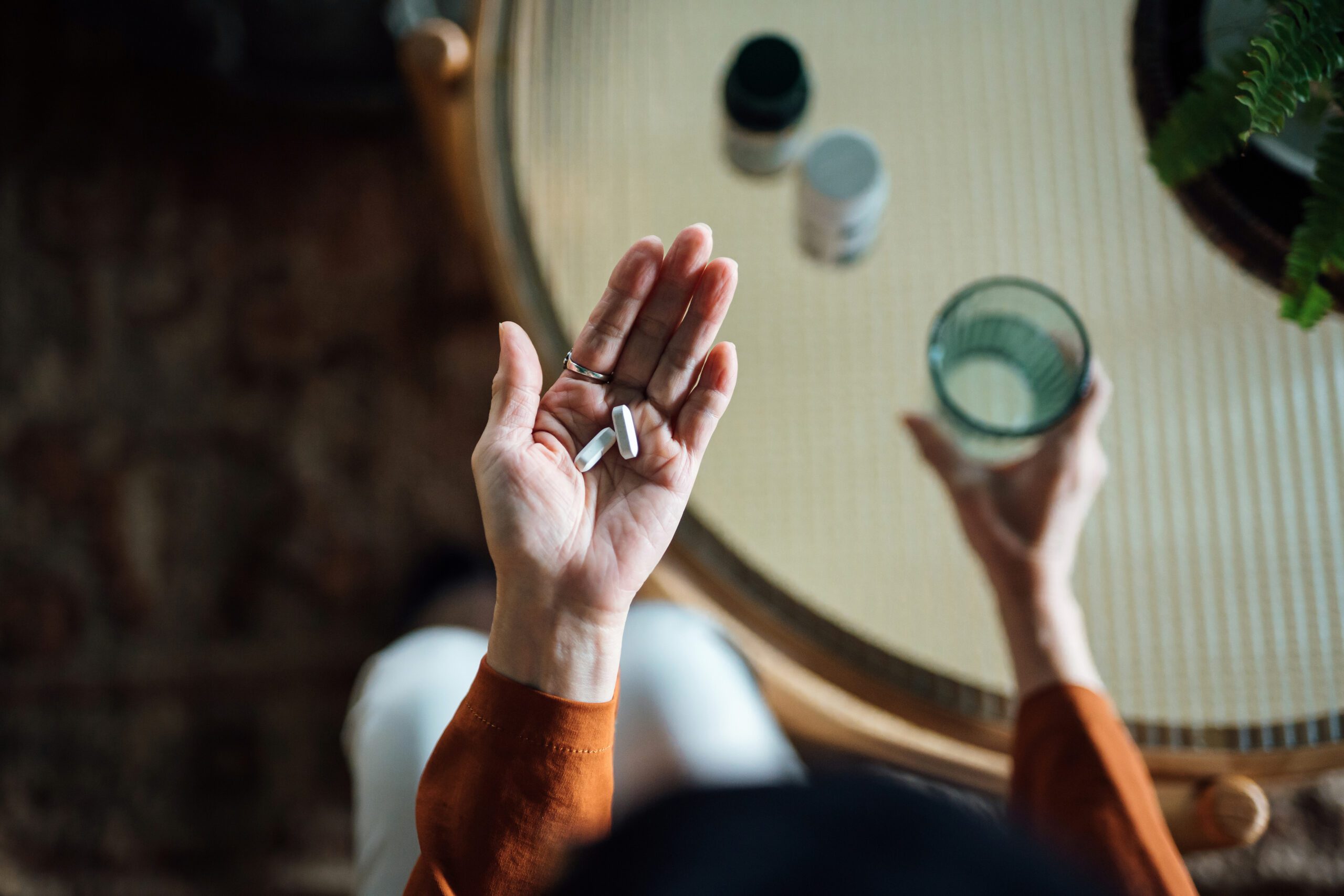This is the end, beautiful friend, the end. As we come to the end of the Step 1 journey, we will be much less talking about how to study for Step 1, and a lot more about how to perform well on the day of your actual test. Take a deep breath…This is Test Day.
Part 7: Go to the test center with the confidence that you will succeed, realizing this is just another day of answering questions.
While it can be difficult to shed the gravity and quiet the nerves that are buzzing on Test Day, the absolute best thing you can do is treat it like it was any other day of the last 2 months. It is up to you to titrate your emotions in order to create the right level of eustress that will personally afford you the best execution. Some students will fare best by being as relaxed as possible, and others will succeed by getting very psyched up and calling this the most important day of their medical school tenure. Decide for yourself what’s the right level of “fired-up-ness.”
Regardless of where you fall on the spectrum, if you’ve devoted yourself to studying by utilizing the strategies and approaches we have given you in Parts 1-6, you will perform well on Test Day. You only have to answer another 280 questions. You’ve done well above ten times that amount by this point. This is simply the final push, the last mile of the marathon.
Rather than just tell you how great you are going to perform, we will provide you with some actionable advice to utilize on Test Day.
DO show up early with all necessary documents (i.e. permits, identification).
This one is a no-brainer, but has the potential to cause enormous amounts of undue stress that you simply don’t need on the big day. Have everything that you might need compiled the night before, all of your travel logistics put together and printed out, and contingency plans for getting from A to B. Have these printed out and in hand; don’t rely on your phone for documents, directions, etc.
DON’T bring study materials to the test center.
We’ve seen them at the SAT all the way through the MCAT, and here they are rearing their ugly heads at the testing center, doing nothing but stressing themselves out and clawing at the psyches of other test takers. They are the ultra-stressed students who brought notebooks and slide sets to the test center to study in the lobby and waiting room. They will try to fill every idle minute with studying until the test center forcefully stows their materials into the lockers. Are their scores going to improve because of this last minute scramble? Hardly. And in fact, there is true potential for scores to suffer as time that should be dedicated to resting the mind and mentally preparing is instead squandered on mental chaos. Don’t bring anything extraneous to the test center, and end your study period well in advance of showing up that morning. In fact, we traditionally recommend a study free day just prior to the actual test to rest and clear the mind before you ask it to perform.
DO utilize the sound protection provided.
You will be sitting next to a furiously loud typer banging out an essay for her MCAT. And behind you is the guy with the cold who is sniffling mucus back into his nose every 7 seconds. And the incessant opening and closing of the door. Do yourself a favor and descend into a silent question-answering box. Use earplugs +/- the large sound-dampening headphones provided to ensure distractions are kept to a minimum.
DO utilize your break time wisely.
At the beginning of the test, when you’ve got your best stuff, you will likely not feel the need for a break after a single block. But after blocks 4 and 5, some mental fatigue is starting to set in, and you think a break or snack would do you good. Listen to your mind and body. There’s no pride in being the first one done. Take your time, and use your breaks when you feel that you need them. Fuel up on food that won’t make you bonk (eschew that bacon, egg, and cheese on a bagel). Take 3 minutes to close your eyes and breathe. DON’T STUDY during this time.
DON’T let your mind chide you for not doing enough studying.
If you’ve really given the last 6-8 weeks your all, this should not be a concern. But when we’ve got no one to blame but ourselves, hitting a run of questions that we don’t know the answers to can be demoralizing. The thing to avoid here is going down the rabbit hole of “I knew I should have done an extra day of cardiovascular and skipped my brother’s bar mitzvah. I was never good at heart failure management. I wonder if I’ll lose points for getting this one wrong. Is my chance at matching [to a top tier program] slipping away right here and now? Will I never realize my dream of becoming a cardiologist?”
Wasted are any thoughts in your head besides the ones that are useful in answering questions. Don’t misuse your precious brain power for negative self talk.
DON’T let this be the first time you are testing/answering questions for 8 straight hours.
It is absolutely crucial to have sat in one room, undistracted, and spent an entire day doing nothing but answering questions. This is where UWorld & NBME Self-assessments are so valuable. No one is born with optimum mental stamina to get through the gauntlet of difficult Step 1 blocks. You have to “train” and get better at performing well after 5 hours of mental toil. Spend a day emulating Test Day so that when the real day comes around, you have actually proven to yourself that you can make it through 7+ hours of delivering correct answers.
There is no more to say! The preparations have been made, and now it’s time for you to go forth, and do what you are planning to do. Achieve Step 1 mastery, land your dream residency, and begin a long and fruitful career. It starts on Day 1 of medical school. Good luck, all.
Ultimate Guide to How to Study for USMLE Step 1 –




